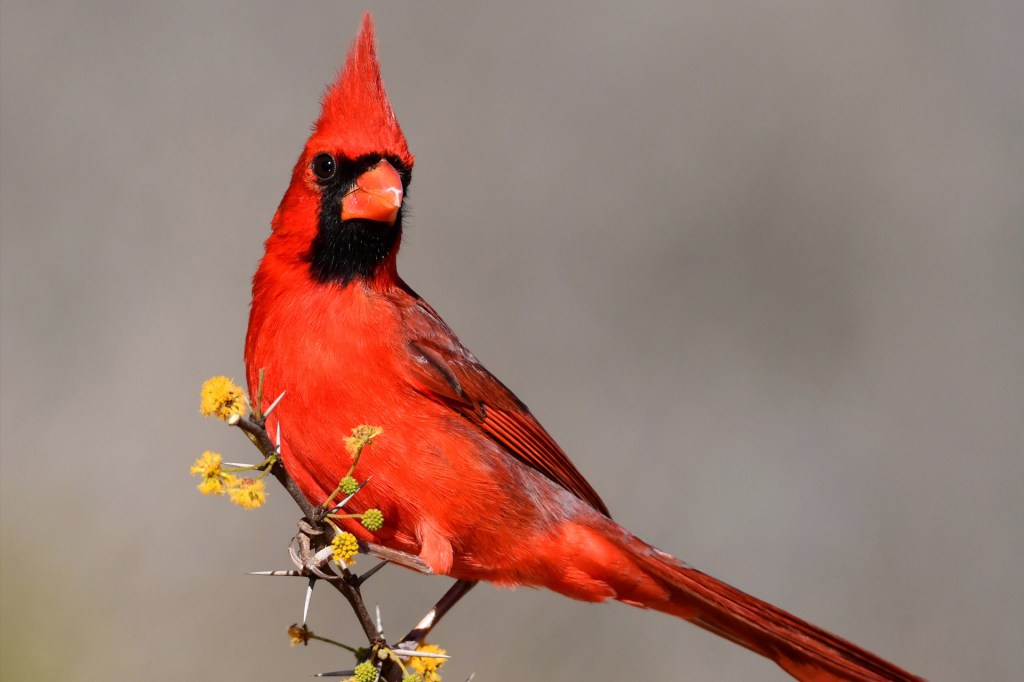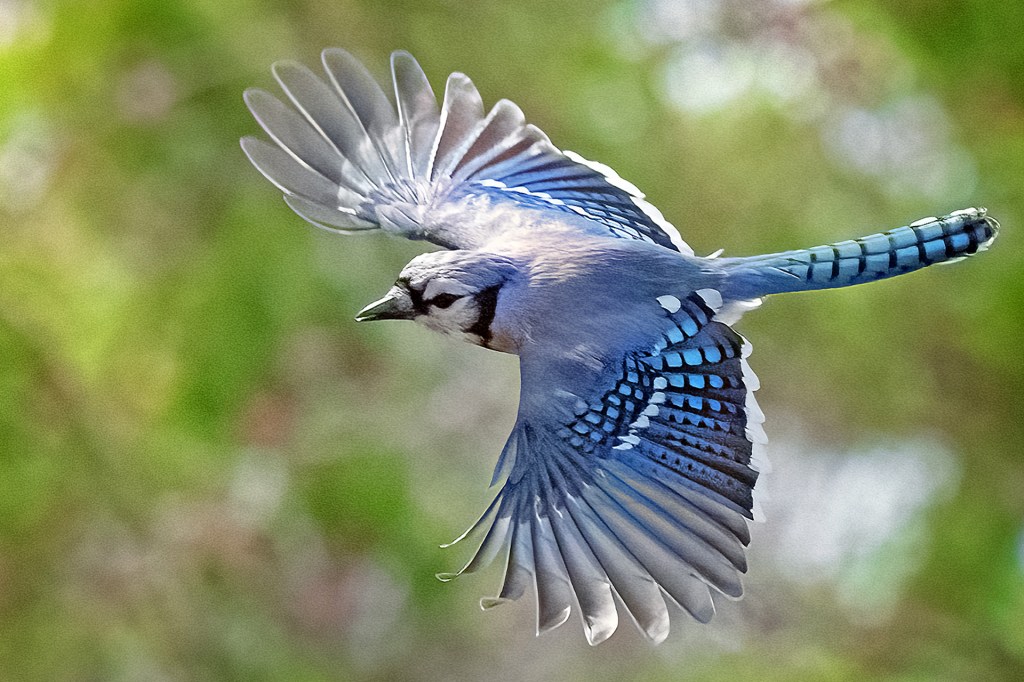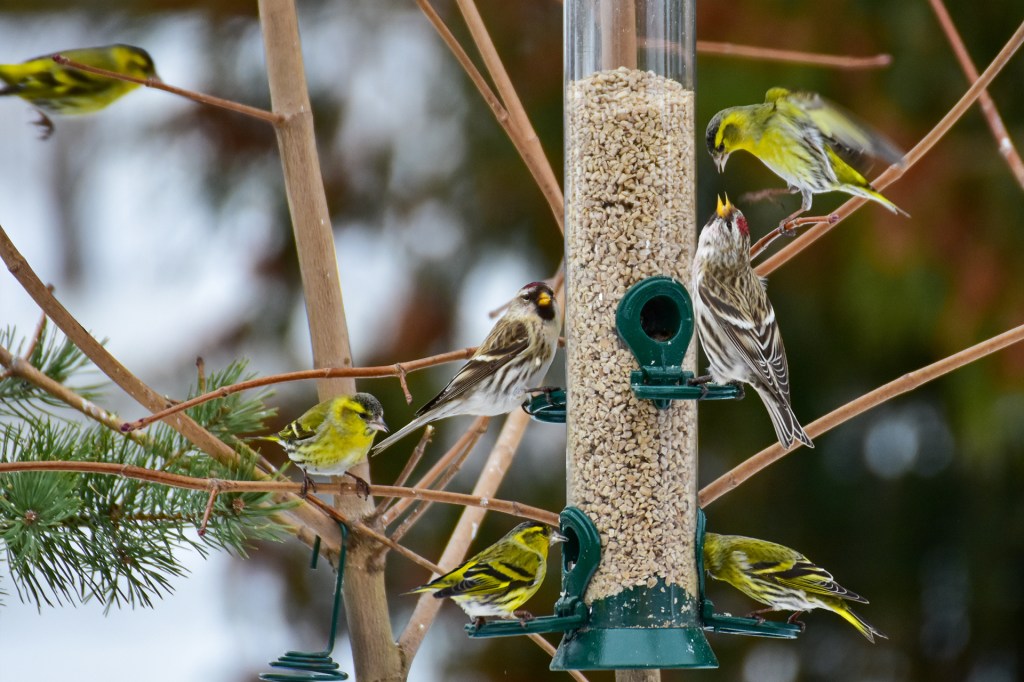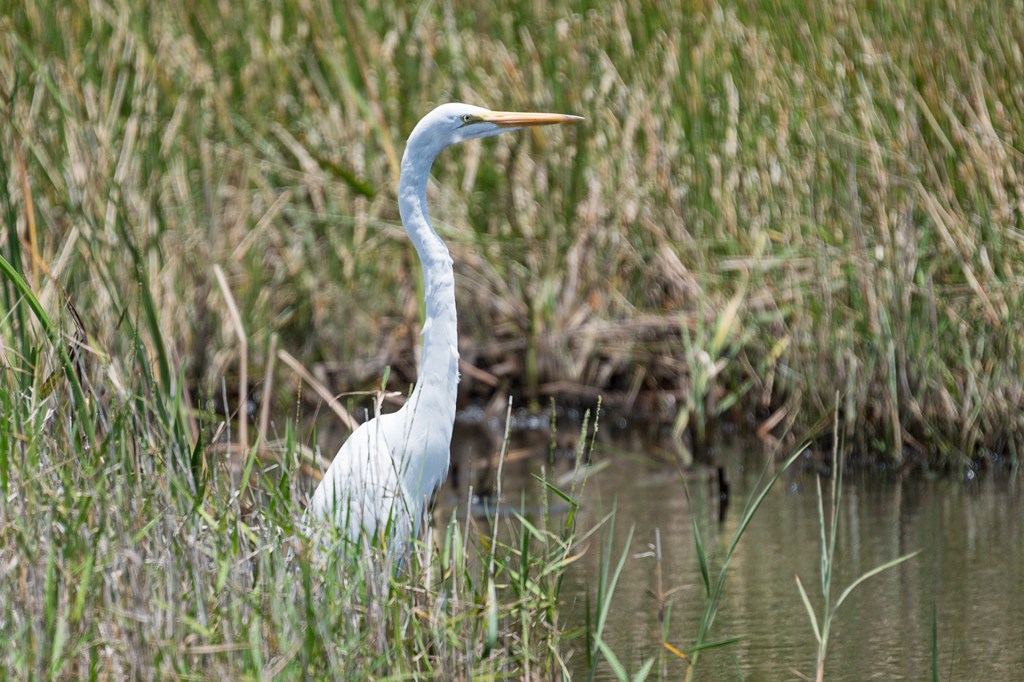
Joan Strassmann likes to share fun facts about birds. Have you heard of northern flickers? Do you know how these birds get their young to leave the nest? The parents shriek, nonstop. How about American coots? They sneak eggs into other nests.
Here’s another interesting fact: Birdwatching can have mental health benefits for people. These include stress relief.

It’s exciting to spot a beautiful bird. Science says it’s good for you, too.
ANNMARIE YOUNG PHOTOGRAPHY/GETTY IMAGESBirds and the Brain
A study was published in 2022. It found that seeing or hearing birds improved people’s mental well-being. The effects lasted up to eight hours. Another study came out in 2020. It showed a link between happiness and the number of bird species around a person’s home.
Why is birdwatching so good for us? Andrea Mechelli is a mental health researcher. He works at King’s College. That’s in London, England. Mechelli thinks there are several reasons. One could be that spending time in nature improves concentration. It keeps your brain from feeling tired.

Feeders are a great way to attract birds.They let you watch birds without leaving home.
INGUNN B. HASLEKAAS—GETTY IMAGESAlso, birds are everywhere. “They can fly. They can do something that we can never do, outside of a plane,” Tina Phillips says. “So there’s that fascination.” Phillips works at the Cornell Lab of Ornithology. It’s in Ithaca, New York. “There’s a lot about birds in terms of their charisma . . . and their accessibility that makes them this perfect group of animals that people can really relate to.”

Some birders keep lists. Start by tracking the birds you see. As you learn more, list the birds you hope to see.
HERO IMAGES/GETTY IMAGESFeathered Friends

It’s fun to see birds beyond your own backyard. Visit places near water. “All birds get thirsty,” author Sharon Stiteler says. “So they are naturally drawn to these spots.”
You can find birds near lakes, ponds, and rivers. The one you see here is called a great egret. It’s near a swamp. Egrets eat fish.












